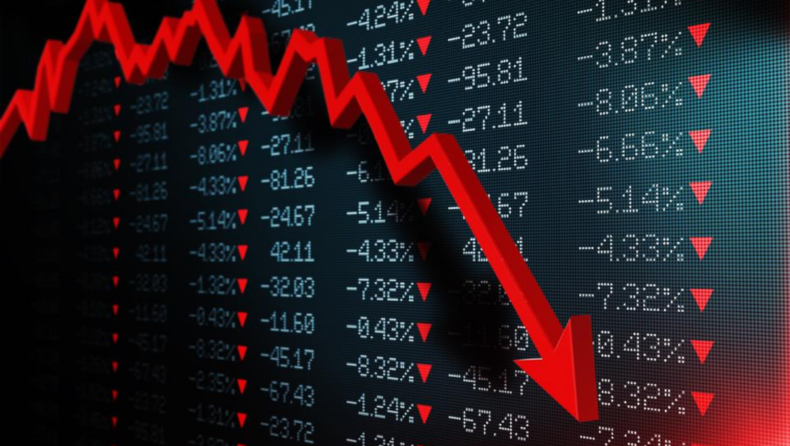A $18 trillion wipe-out from the markets along with indices showing downgrades to be higher than upgrades have forced investors into despondency. Consumers and investors alike anxiously await to see if the markets prove to be bullish or not, owing to a possible worldwide recession approaching.
When an economy heads towards recession, investors tend to commence worrying about falling stock prices which will in turn impact their portfolios. Therefore, despite the markets nearing all-time highs, due to visible crises and downfalls, stock market traders are experiencing gloomy sentiments. Wall Street analysts have argued that large capital companies are soon to divert their higher costs towards the consumers, while the strategists have refuted this prediction.
Amidst this confusion, here are five things investors are taking into consideration to analyze the markets for the upcoming earnings season.
Soaring Inflation
Consumers have started opting for cheaper staples due to the high inflation rates and this may gruesomely affect the sales of companies that cater to the demands of the masses. With lowering consumer demands and the flattening of the yield curve, banks too along with consumer- based companies will struggle.

However, this may not necessarily be the case for high-end luxury goods companies, for instance, Gucci recently increased its prices by up to 7% percent this month without it having an adverse impact on the company’s sales.
Potential market recession
Home Depot Inc. head Ken Langone recently stated that the US is already in recession. The US being in recession along with the slump in stocks, downfall of treasury yields and poor oil prices, all indicate towards a potential recession

As a result, investors have started preparing for ‘recession trade’. Methods such as hoarding of cash and bonds, and the $4.3 billion worth of funds being pulled out of global equity markets point towards the worry of the investors regarding an approaching recession.
Euro reaching near parity to the dollar
The Euro has depreciated by about 10% against the US Dollar this year which is a 20- year low. Analysts have suggested the reasons for this decline to be Europe’s high dependence on Russia for oil and natural gas, which proved to be troublesome during and post the Russia-Ukraine conflict. The worldwide recession, high inflation and expensive import rates are also some reasons for the same.
The slump in the Euro has negatively impacted European import-heavy companies and European utility companies such as travel & leisure. However, export-oriented European companies such as pharmaceuticals and motor vehicles have benefitted.
Virus hit China goes into lockdown: worldwide repercussions
Several parts of China have been compelled into lockdown and the manufacturing giant’s slowdown has negatively impacted organizations worldwide. High-end companies such as Starbucks corps., Canada Goose Holdings inc. and Nike inc. have expressed concerns regarding this effect.

For China in particular, the earnings have been positive however there has been a decline in the profit growth rate for the current financial year of 2022 from 31% to 22% as per Haitong Security analysts.
European energy crisis: The continent faces power shortages
Restricted supplies of oil and natural gas amid the Russian- Ukrainian conflict have caused an energy crisis in Europe. Companies especially those based in Germany are now worried about power supply shortages with the winter season approaching. As a result, several European nations have entered agreements and initiated requests for rescue packages of gas & electricity.
Despite the earnings of the S&P 500 energy companies having increased in the second quarter, the weak oil prices and European energy crisis are possibly hinting towards an upcoming market decline.
With eminent investors and businessmen such as Elon Musk themselves fearing an approaching recession, it is advisable that stock-market players look into opportunities for investments since as the big companies pull out, stock rates decline. Therefore, recession may prove to be a good time for consumers to invest while it appears to be troublesome for A-listed companies.













